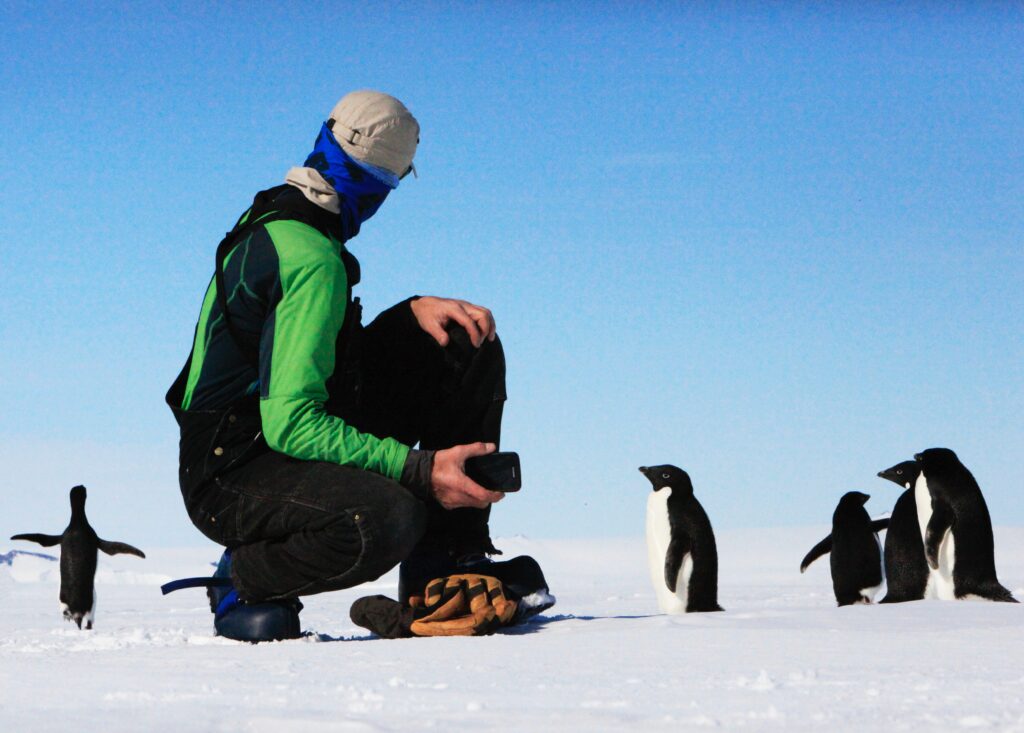The “mirror test” is a somewhat controversial scientific test intended to measure and demonstrate whether an animal has the cognitive ability to recognize itself. Successfully passing the mirror test is often taken as evidence that the animal in question is self aware, has a concept of the self, or even that said animal possesses the “theory of mind.” The theory of mind is the ability to recognize that other beings have their own unique mental states which guide their actions. Some researchers doubt the mirror test’s ability to demonstrate such convoluted concepts. It is instead thought to demonstrate problem-solving skills. In any case, a limited set of animals have been recorded as “passing” this test, which supports the idea that it indicates some amount of higher cognitive function. Elephants, great apes, dolphins, orca whales, and certain corvids are the animals that are most frequently cited as being “self-aware” on account of passing the mirror test.
The mirror test is conducted by placing a mirror within an animal’s environment and allowing the animal to observe its reflection. Then, the mirror is removed and the animal is marked in a conspicuous way. Usually a colored dot is placed on the animal’s body. When the animal is reintroduced to the mirror, the test is considered a success if the animal addresses the mark on its own body based on the visual in the mirror. This indicates that the animal recognizes the mirror image as its own self.
Recently, a study conducted using wild Adelie Penguins has indicated that these birds may pass the mirror test, however the methodology was altered for the penguin test and the results are considered to be inconclusive. For this test, the main priority of researchers was minimizing the stress caused to the wild birds in question. Thus, the mirror’s were first placed in the open and then surrounded by a funnel of cardboard walls, corralling each penguin into close proximity with the mirror. Researchers noted right away that the penguins did not respond to the mirrors as they would be expected to respond to a strange penguin. They did not exhibit any aggression toward their reflections. Instead, when corralled in close quarters with the mirror, penguins seemed to pose and move in ways that suggested that they may be examining themselves.
Out of concern for stressing the wild penguins, the researchers marked the mirrors rather than the bodies of the penguins. This seemed to agitate the birds which were often recorded attempting to remove the marks. For the final stage of the test, the penguins were outfitted with easy-to-remove bibs which were thought to be less disruptive than other marking methods. Oddly, when placed in front of the mirrors, the penguins did not seem to mind the bibs and did not try to remove them. This is despite the agitation that the marked mirrors caused these birds. Researchers have suggested that perhaps the color of the bibs may have fallen outside of the spectrum of colors to which penguin eyes are sensitive.
While none of the tests produced a conclusive result, the reactions that researchers recorded in the wild Adelie Penguins who took part in the test are considered to be promising signs of self-awareness.
Popular Article: Chough Symbolism & Meaning (+Totem, Spirit & Omens)

